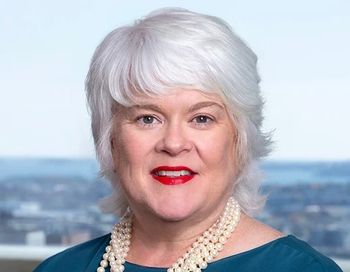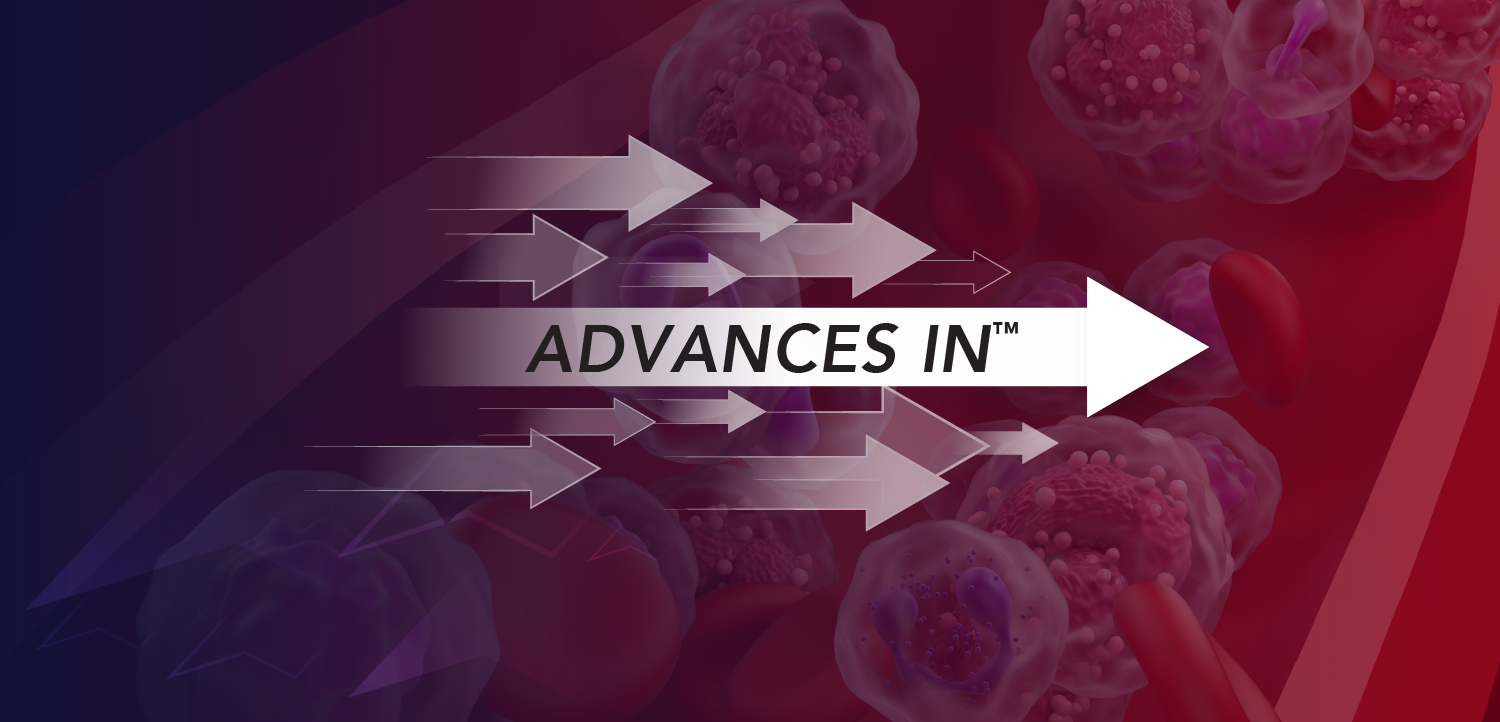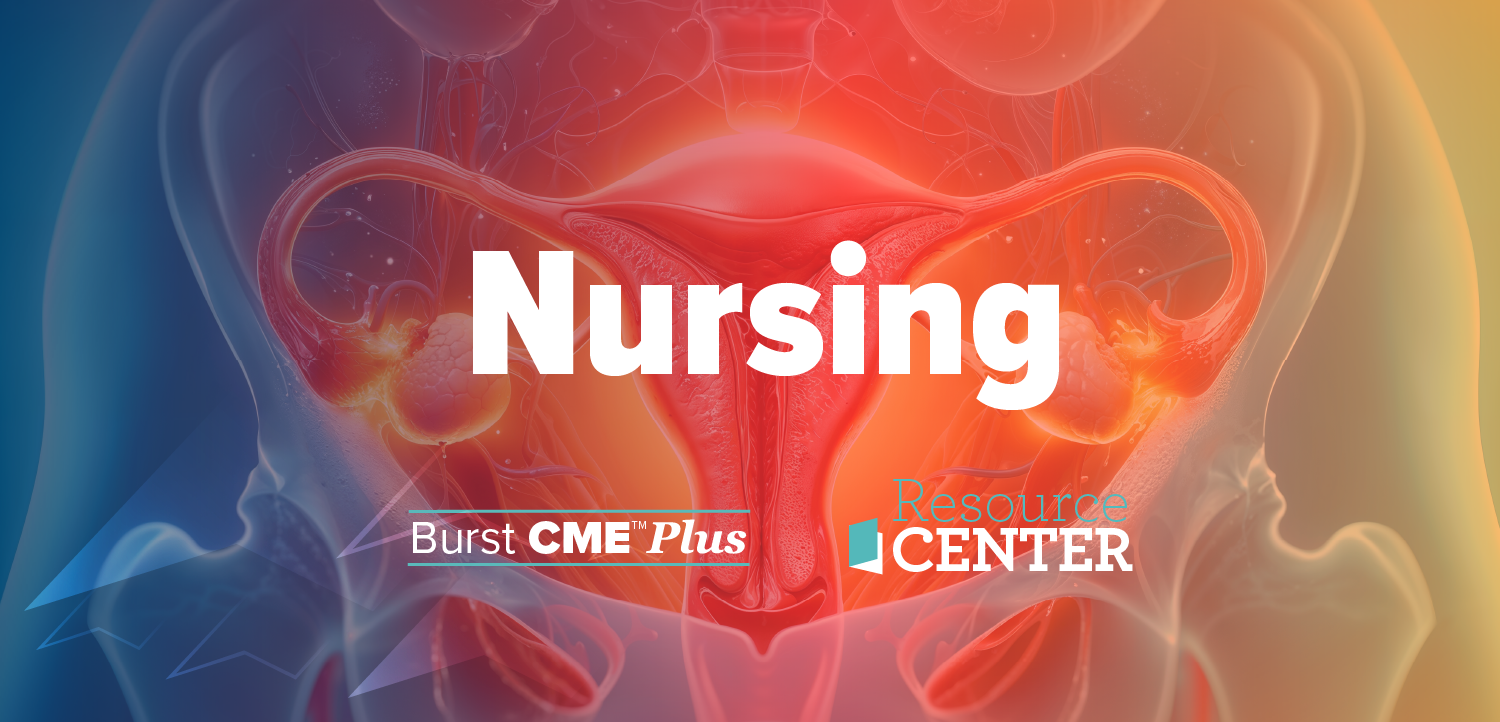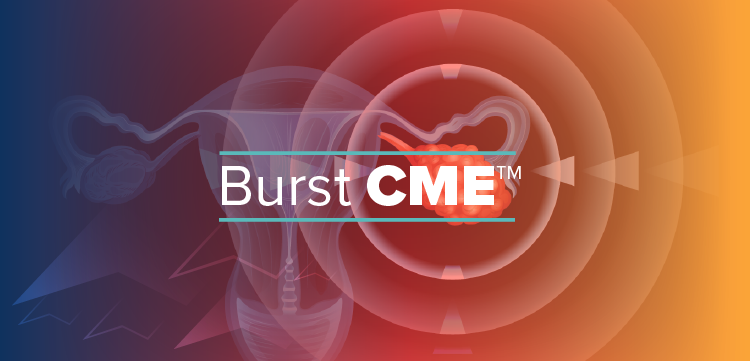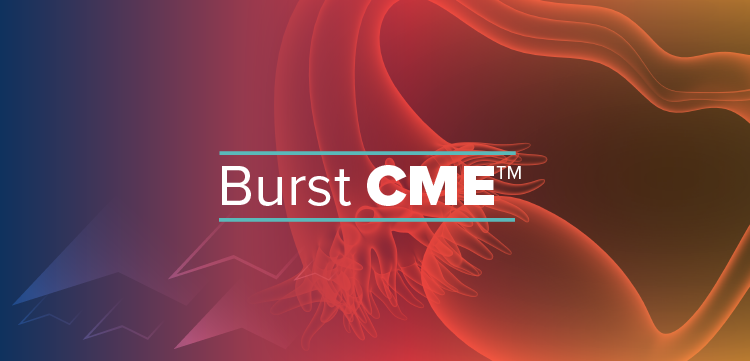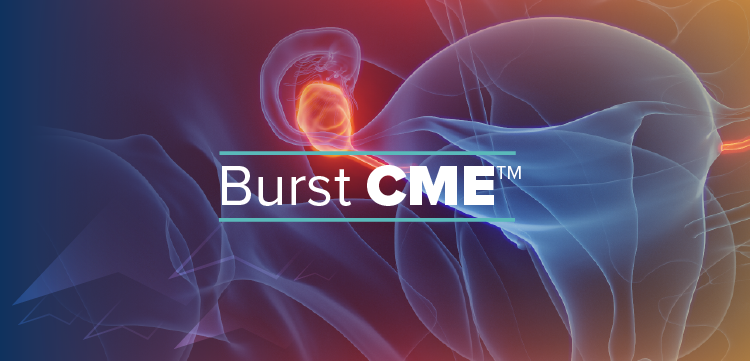
BrainQ Secures Millions to Develop AI-Based Neurological Rehab Solution
"The technology is clearly a disruptive and differentiated solution to a large and growing need in the neurorehabilitation market."
BrainQ, an Israeli startup looking to leverage artificial intelligence (AI) to rehabilitate patients following neurological events like stroke or spinal injury, announced millions in new funding today. To date, the company has raised $8.8 million, $5.3 million of which
The company’s technology relies on electroencephalography (EEG), proprietary AI algorithms, and what it calls “one of the largest brain computer interface (BCI)-based EEG databases for motor tasks.” The data allows the algorithms to detect high resolution spectral patterns from a patient’s EEG readings. BrainQ believes that understanding can be used to tailor personalized electromagnetic rehabilitation programs for patients suffering motor disabilities after a neurological event. The solution has undergone animal testing and is currently being evaluated in early-stage human clinical trials.
>>READ:
"We are on the verge of a new era where AI-based precision medicine will be used to treat neurodisorders, which do not have a sufficient solution to date,” BrainQ CEO Yotam Dreschler said in
Funding came from Qure Ventures, OurCrowd.com, Norma Investments, and IT-Farm, among others. Yossi Bahagon, a partner at Qure, called BrainQ’s technology “clearly a disruptive and differentiated solution to a large and growing need in the neurorehabilitation market.” The startup’s “disruptive potential” was also acknowledged by OurCrowd’s Morris Laster when discussing his firm’s investment.
BrainQ will use the new funding to expand its database and continue priming its BCI-based simulation technology for the commercial market.
The startup has also caught Google’s attention. In November 2017,
The other 3 participating groups are Cytovale, working on a sepsis detection solution; Augmedix, which focuses on physician burnout and workflow reform; and Byteflies, which is interested in accelerating clinical trials.
Related Coverage:



